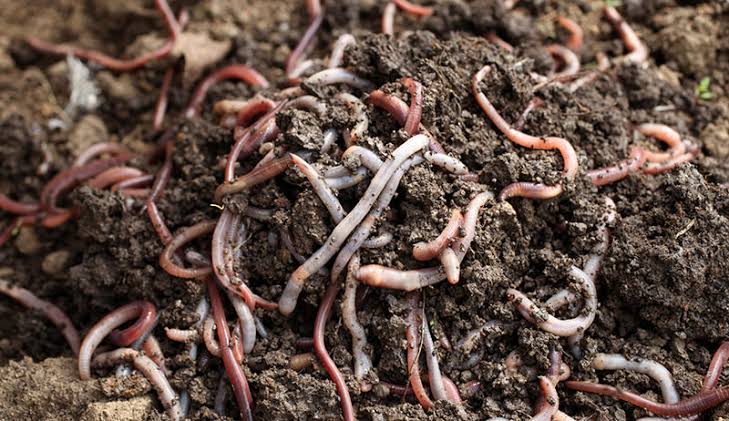Worms are usually transmitted from bird to bird through the faecal oral route. This is where worm eggs are excreted in droppings and then ingested by birds that scratch and peck at the soil, litter or droppings. Ingestion of infected earthworms, bugs and other secondary hosts can also spread parasitic worms.
Eggs excreted into the environment require warm and moist conditions to become infective. Rainy season is often the time when worm problems are most prevalent due to the climatic conditions that favour their growth. Wet areas encourage worm growth.
READ ALSO: LITTER MANAGEMENT IN POULTRY FARMING (1)
Below are the basic signs
1. Reduction in the amount of feed intake. Normally it’s expected that the more your birds grow the higher the feed consumption they need for proper growth.
2. When you notice Drastic Reduction in birds weight or little delayed or no egg production in laying birds.
3. Sleeping excessively. When your birds are standing and sleeping or when their sleep becomes too obvious.
4. When you notice their poo hole is filled or stained with poops.
5.Vomiting water, saliva or any other thing from their mouth
READ ALSO:LITTER MANAGEMENT IN POULTRY FARMING (2)
6. Paleness of the egg yolk and reduction in egg size.
7.Also when you notice their Comb to be pale or Wattle to have change in brightness.
8. Birds infested with worms will often stretch out their necks in irregular manners for no reasons, this is another indication that the poultry birds are infested.
READ ALSO: LITTER MANAGEMENT IN POULTRY FARMING (3)
Best Practices to prevent worm infestation in your farm
1. Poultry birds often pick up worms from dirty litters, so ensure to have clean and dry litters always.
2. Deworm your birds by having and following a good medication schedule.
3. Never allow your birds to walk out of their cages or pen to prevent them from eating dirt that can cause worm infestation.
4.Use Kepromec, Piperazine or any other deworming drug to deworm your birds
READ ALSO: INTESTINAL WORMS IN POULTRY (1)
Control
1. Treat with anti-parasitic drugs, usually added to the water. Check veterinary advice and follow manufacturer’s directions, including any withholding periods where eggs and meat should not be consumed.
2. Regularly clean poultry housing, including their feeders and drinkers and remove any build-up of faecal material.
3. Using a combination of these methods will help to achieve the best results.
Connect with other farmers and get yourself updated by clicking Here to join our WhatsApp group
